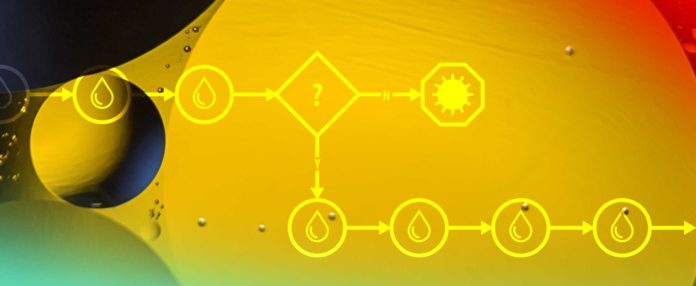The American Chemistry Council last week extended to Dec. 31 its emergency protocol meant to give companies flexibility to cope with scarcity of automotive lubricant additives resulting from the COVID-19 pandemic.
The chemistry council’s Petroleum Additives Panel developed the protocol to deal with fallout from the disease and what it feared could be unprecedented disruption to additive supply chains. The Petroleum Additives Panel announced in April that it was enacting its emergency protocol for 120 days, although it had the ability to extend that period. The panel said in an August 17 letter that it had reached consensus to extend the emergency protocol to Dec. 31.
“It’s a matter of the global pandemic and associated mandated lockdowns in many regions still,” Petroleum Additive Panel Manager Doug Anderson told Lube Report yesterday. “Therefore, extending the protocol made sense.”
ACC noted that the protocol was established by and for the use of ACC Petroleum Additives Panel companies. Each member company will make its own business decisions on whether to employ the protocol, including the need to obtain applicable approvals from its customers, the American Petroleum Institute or original equipment manufacturers.
“The COVID-19 pandemic has created a variety of supply chain and manufacturing challenges for lubricant additive suppliers,” the Petroleum Additives Panel said in a written announcement. “While each company has a business continuity plan to deal with calamity situations, a global pandemic of this magnitude and duration has never been experienced before.
The protocol provides general guidelines for additive companies to replace chemical components if a material normally used in a finished lubricant or an additive package becomes unavailable.
In April, API had also issued a statement reminding the industry about its Emergency Provisional Licensing program and the relief it can provide to lubricant marketers experiencing supply chain disruptions for licensed engine oils. “API’s provisional licensing procedures are always available to address unintended component supply issues for licensing purposes,” Jeffrey Harmening, manager for API’s Engine Oil Licensing and Certification System program, said this week in an email. “Our announcement that went out earlier this year stands and was a reminder to the industry that API does have provisional licensing available to handle unintended supply disruptions as it relates to API licensing.”
The Petroleum Additives Panel said it has the option to again extend the Dec. 31 expiration date. Whenever the protocol expires, companies will have 90 days to revert to original formulas unless they are following their own management process, in which case those must be completed within 180 days.
The panel advised anyone with questions about the emergency protocol to contact Petroleum Additives Panel Manager Doug Anderson at the ACC.
